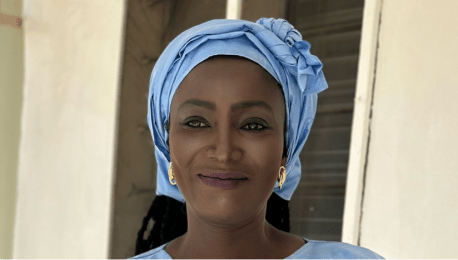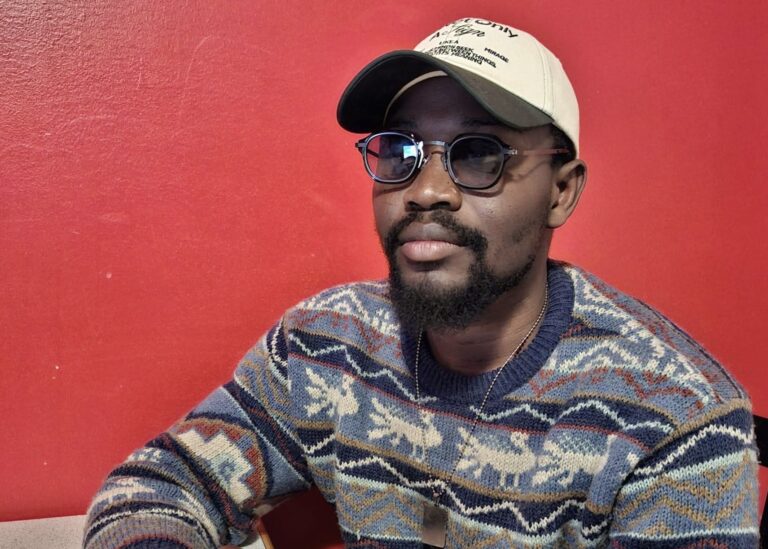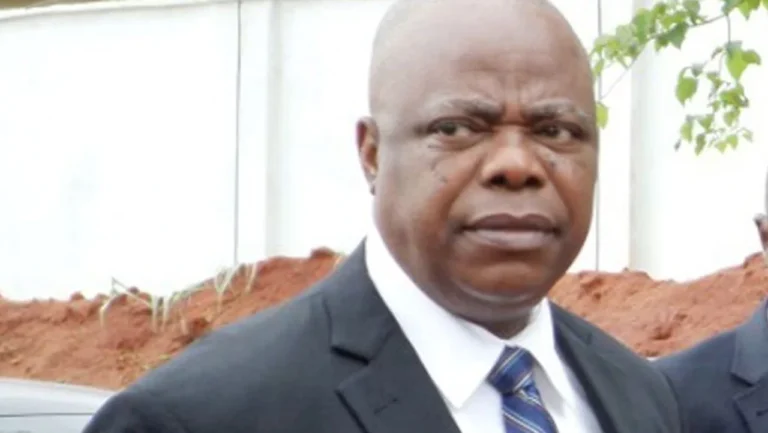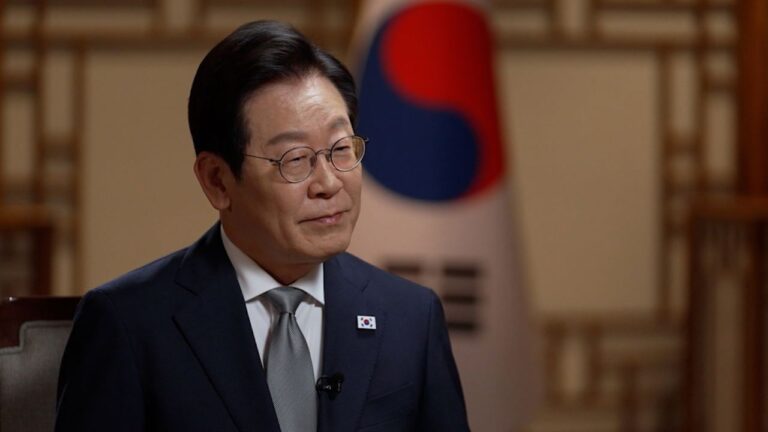
– Advertisement –
For a long while, Mbentoung sat still, her eyes lowered, her breath uneven. The silence between them was thick — not uncomfortable, but heavy with thought. Borogie’s words had settled deep into her, stirring something raw. She wanted to argue, to push back, but found no strength for it.
Her heart beat fast, loud enough that she could almost hear it. Pride urged her to defend herself, to cling to her conviction that she was right, that Ousman’s coldness justified her rebellion. But another voice — small, trembling, and unfamiliar — whispered that perhaps Borogie had seen something she herself could not.
At last, she spoke, her tone stripped of its earlier sharpness. “You talk as if peace is easy, Borogie. You talk as if silence can feed a hungry heart. But how do you live like that? How do you love a man who does not look at you, who praises others and leaves you invisible?”
– Advertisement –
Borogie looked at her, eyes soft with understanding. “By not waiting for his eyes to give me worth,” she said simply. “If you let a man decide your joy, you will never know rest. I do not love Yerro because he is perfect. I love him because my peace does not depend on his behavior. I wake up, I pray, I tend my garden, I raise my children. In those things, I find the pieces of myself that no one can take.”
Mbentoung blinked rapidly, her throat tightening. “But it hurts,” she whispered. “It hurts to be the one always reaching, always explaining, always waiting for him to see you.”
Borogie nodded. “Yes, it does. But pain loses its sting when you stop expecting it to heal you. You can love someone and still refuse to drown in them. That is what age teaches — not to stop feeling, but to stop begging for what should come freely.”
– Advertisement –
“If he praises others, or lifts those who have done far less for him, let him be,” Borogie said gently. “People’s gratitude is often short-lived. You can pour years of goodness into someone’s life, and yet, the moment you no longer serve the image they hold of you, they turn away. That is not always cruelty, my dear—it is change. People outgrow their needs, and sometimes, they outgrow the people who met them.”
She paused, her eyes soft with knowing. “When that happens, do not chase their approval. Walk on. Their blindness does not dim your worth. A person’s failure to see your value does not erase it. You remain who you are, even when others forget.”
Her voice was calm, but it carried the weight of lived truth.
Mbentoung’s eyes filled with tears again, this time not of anger but of exhaustion. “Maybe I have been fighting ghosts,” she murmured. “I thought if I demanded respect, it would come. But all I’ve done is turn my home into a battlefield. I don’t even recognise myself anymore.”
Borogie smiled faintly, reaching out to wipe the tear that slipped down her cheek. “The woman you were is still there, Mbentoung. She’s only buried beneath too many words. Let her rest. Then start again quietly. Sometimes the softest voices last the longest.”
Mbentoung gave a weak laugh through her tears. “You make it sound so simple.”
“It isn’t simple,” Borogie replied, her tone tender but sure. “It’s survival.”
For the first time in months, Mbentoung allowed herself to breathe deeply, to let the weight in her chest loosen. She thought of Ousman Bah sitting under the neem tree, of his silence that used to infuriate her but now, somehow, seemed to make sense. He wasn’t cruel — he was tired. Tired of being misunderstood, tired of defending himself against words sharper than knives.
In that moment, a realisation flickered in her — fragile but real. Perhaps the cruelty she had felt was not always his doing. Perhaps it had grown between them, fed by her bitterness and his retreat.
She turned her gaze toward Borogie and managed a small, trembling smile. “Maybe I can learn to listen the way you do.”
Borogie’s eyes softened. “Listening is the first mercy we give ourselves. When you stop talking to be heard and start hearing to understand, peace begins to find its way back.”
The two women sat in quiet understanding, the morning sunlight spilling over them. Outside, the world continued its rhythm — women pounding millet, children running barefoot, goats bleating lazily. Life, indifferent yet forgiving, went on.
“What if he refuses to reconcile?” Mbentoung whispered after a long pause. Her voice trembled, the defiance now replaced with worry. “I have hurt him so much, Borogie. I’ve said things no wife should say. I even called him senile… and impotent.” Her words cracked under the weight of shame. “My tongue has been too sharp. My words, too many.”
Borogie sighed softly, her expression kind but steady. “Words can cut deeper than knives, Mbentoung. But the wounds they leave are not always beyond healing.”
She adjusted her wrapper and continued, her tone thoughtful. “Men are built a notch differently from us. They don’t hold on to words the way we do. They let the sting pass more quickly — sometimes not because they forgive easily, but because they do not dwell. They allow the weight to slip off their shoulders, while we — ” she smiled faintly, tapping her chest, “— we carry it in our hearts, turning it over until it bruises.”
Mbentoung nodded slowly, tears gathering again. “It’s true. I remember every word he has ever said that hurt me.”
“Yes,” Borogie said gently, “and he probably remembers every word that wounded his pride. But men often bury their hurt under silence. They mask it in work, in prayer, in the company of friends. You see, when a woman is in pain, she speaks; when a man is in pain, he withdraws. It is not because his feelings are less — it is because he fears they will make him smaller.”
She reached out and took Mbentoung’s hand, warm and trembling. “That is why you must be careful with words, my dear. Once spoken, they don’t vanish. They settle somewhere inside him, and though he may not show it, they echo.”
Mbentoung’s lips quivered. “So what should I do now?”
Borogie’s smile was soft, almost wistful. “Do what he will not — speak again, but this time, from gentleness. Not to explain, not to defend, but to mend. A man may walk away from conflict, but he always hears the tone of a woman’s heart when she calls him back with sincerity. They may be stubborn, but even the hardest men crave peace when it comes with respect.”
Mbentoung nodded slowly, her eyes moist but calm now. “You make it sound possible.”
“It is,” Borogie replied. “You see, men forget the words that broke them sooner than the tone that softened them. And we women,” she added, squeezing her hand, “must learn that silence used with love can sometimes speak louder than anger ever could.”
For a moment, they sat together, the quiet between them full of understanding.
Then Mbentoung broke it, her voice hesitant but searching. “Tell me something, Borogie… why don’t you ever push back when Yerro favours Dado? We all hear him when he speaks to you so harshly. He spends most nights with her, deliberately skipping your wifely turn. You just keep a straight face and never complain. Why?”
Borogie looked at her for a long time before answering. Her voice, when it came, was low and steady — the voice of a woman who had long made peace with pain.
“Because of all the things I have just said,” she replied. “I have four children with Yerro. I want them to come home whenever they wish, to feel that home is still where their mother and father are. I will not let bitterness poison the only place my children should find peace.”
She paused, her eyes softening as she looked toward the doorway where light spilled through. “Fights hurt us women, Mbentoung. But they destroy our children. When a home becomes a battlefield, the little ones grow up learning fear instead of love. I would rather be hurt and keep my home standing than win an argument and lose what binds us all together.”
Her words lingered in the air — not self-pitying, but filled with quiet conviction.
Then she added gently, “Endurance is not weakness. Sometimes it is the price we pay to protect the hearts we have brought into the world.”
Outside, the wind carried the sound of Borogie’s cadet son, Bubel, laughing with his age mates — their voices tumbling through the morning air like birds at play. The soft rustle of their footsteps, the clatter of sticks and stones, the easy rhythm of their joy floated through the doorway, reminding Mbentoung of the simpler world that still existed beyond her own turmoil.
For a long while after Borogie left to cook the family meal, she listened — really listened — to the sound of her child’s laughter mingling with the whisper of the wind. It wrapped around her like a balm, softening the ache that had sat heavy in her chest.
And in that stillness, something gentle began to settle inside her — not yet peace, but the faint, flickering courage to begin again.
To be continued…












